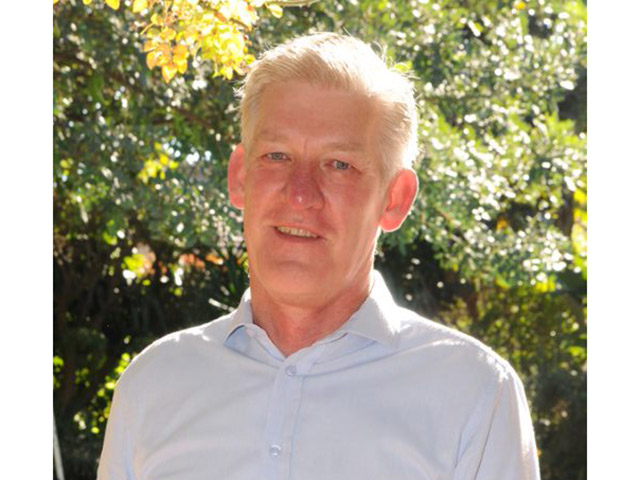The cost of darkness: how loadshedding is hitting the business bottom line
By Industry Contributor 11 November 2022 | Categories: feature articles
FEATURES SPONSORED BY rAge EXPO:
By Mark Boshoff, Nedbank Head of Transformation and Sustainability
The current power provisioning landscape in South Africa is unstable and mercurial. Limited visibility into loadshedding volumes, extended power cuts and unreliable supply are making it increasingly difficult for companies to run effectively and productively. Not only does loadshedding have an immediate impact on any organisation, but there is a ripple effect that’s felt across the company and employees. It is also making serious inroads into the stability of smaller businesses that are the lifeblood of the South African economy.
Eskom has cut 2,276 gigawatt-hours of electricity from the grid in 2022 and only has an energy availability of around 62%. This limited capacity and the rising volume of outages have made 2022 significantly worse than 2021, and are destabilising the economy and organisational stability. It is estimated that the daily cost of load shedding sits in the billions. For every organisation, the situation is untenable, but for smaller businesses it is potentially devastating.
“Companies that rely on power to operate are coming to a standstill every day as many can’t afford the costs of alternative energy solutions powerful enough to handle their requirements,” says Mark Boshoff at Nedbank. “Laundries, construction companies, small-scale manufacturers – they rely on power and are losing business because they don’t have any. The news is filled with stories from business owners who haven’t been able to submit tenders on time, have had to shut down stores, or who have had to whittle down the size of their operations to stay afloat.”
This then ripples across into employment and the economy – small companies can potentially transform an economy and now, without reliable power, companies are closing and people are losing their jobs. The impact of this on the business and the future of the country is a significant challenge that has to be addressed, rapidly.
On the other side of the equation, there is the change in how larger companies operate and how they manage their employees. Over the past three years, organisations have had to adapt to the vagaries of the pandemic and changing employee expectations by introducing hybrid or remote working frameworks that allow for people to work from anywhere. This aligns with a growing global trend as employees look for better ways to manage the lines between personal and professional and build richer quality of life. Loadshedding, however, has other ideas – even though many South African employees want to work from home, a lack of access to reliable power means that they may be forced back into the office. This not only affects worker wellbeing, but business productivity.
“People able to work from anywhere at any time are more productive and engaged, and this delivers immediate value to the business,” says Boshoff. “If they are unable to work from home because there’s no power, then they are stuck in traffic, they are unhappy and they are frustrated, and this directly impacts the profitability and culture of the business.”
For many, the situation is bleak and optimism is in short supply, but there is potential and opportunity. Eskom has set up a comprehensive plan that focuses on its shift to green energy and there are financing packages currently providing the utility with the support it needs to achieve these goals sustainably. Consistent maintenance and repair of struggling power stations is continuing apace with ongoing investment into expertise that’s aimed at establishing energy stability.
“Current leadership is proving committed to resolving the problems of ageing infrastructure and legacy problems and to bringing about a sustainable end to loadshedding,” says Boshoff. “Organisations need to shore up their investments into resilient power alternatives in the interim to ensure that they remain as stable and capable as possible.”
Nedbank provides organisations with trusted investment support and financial expertise to help them manage their growth and their financial planning. With Nedbank advisors on hand to support companies as they build resilience within a complex loadshedding climate, there is potential for growth and optimism and for companies to find opportunity within this ongoing complexity.
Most Read Articles

Have Your Say
What new tech or developments are you most anticipating this year?



.jpg)
